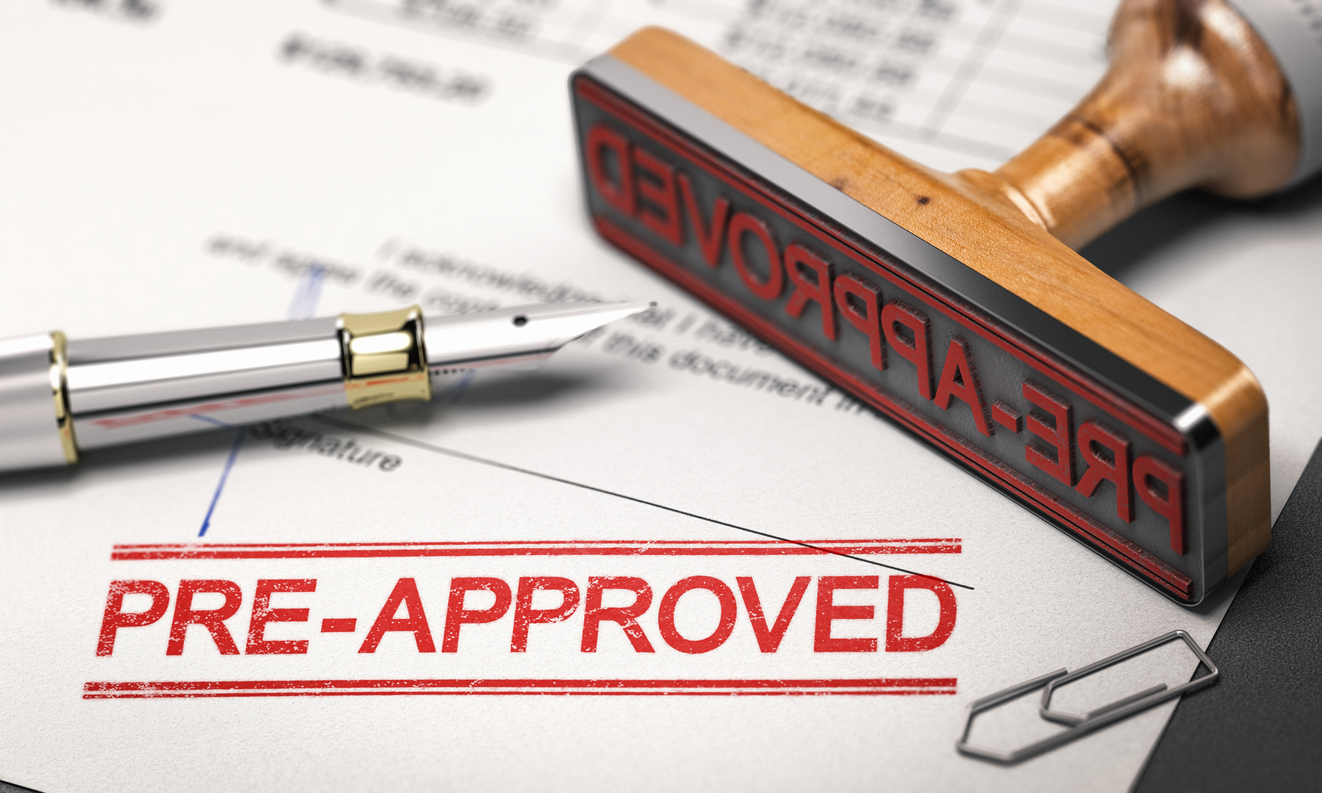Getting pre-approved for a mortgage is one of the essential first steps for prospective homebuyers. It not only provides an idea of the loan amount you qualify for but also signals to sellers that you are a serious buyer. However, a mortgage pre-approval does not last indefinitely. Most mortgage pre-approvals expire within 60 to 90 days, depending on the lender’s policy. When this happens, homebuyers must consider whether they need to renew the pre-approval or reassess their plans entirely. This article explores what occurs if a mortgage pre-approval expires, the renewal process, and what factors homebuyers should keep in mind.
Understanding Mortgage Pre-Approval Expiration
A mortgage pre-approval is a preliminary evaluation by a lender, which assesses a borrower’s financial status based on their credit, income, and debt-to-income ratio. Lenders provide pre-approvals to give potential homebuyers an estimate of how much they may be able to borrow. However, due to the fluidity of an applicant’s financial status and the housing market, pre-approvals come with an expiration date, typically lasting between 60 and 90 days..
If a mortgage pre-approval expires, it becomes invalid, meaning that the borrower can no longer rely on it to secure a loan at the pre-approved terms. In practical terms, this requires the borrower to go through the pre-approval process again if they still wish to buy a home with financing from that lender. This expiration is designed to ensure that lenders are basing their decisions on the most current and accurate financial information.
Reasons for Mortgage Pre-Approval Expiration
Mortgage pre-approvals expire for several reasons, primarily due to changes in a borrower’s financial situation, credit score, or interest rates. Over time, changes in a borrower’s income, debt levels, or credit profile could impact their loan eligibility. For instance, new credit card debt or a drop in income may lower the amount for which a borrower can qualify. Additionally, mortgage rates fluctuate, and lenders want to ensure the rate and loan terms are appropriate for current market conditions .
What to Do When Pre-Approval Expires
If your mortgage pre-approval expires, there are steps you can take to renew it and stay on track with your home-buying journey. The process of renewing a pre-approval is generally straightforward, but it does require that you update your financial information with the lender.
- Contact the Lender
The first step in renewing an expired pre-approval is to contact your lender and inform them of your intent to renew. The lender will typically guide you through the renewal process and outline any additional information they may require.
- Update Financial Documents
Lenders will likely ask for updated financial documents, including recent pay stubs, tax returns, bank statements, and other relevant information to assess your financial stability. This is necessary to ensure the lender is making a lending decision based on the most recent data, especially if your financial situation has changed since the initial pre-approval.
- Check Your Credit Score
Your lender will also perform a new credit check to see if there have been any changes to your credit profile. An improved credit score may allow you to qualify for a better loan or interest rate, whereas a drop in your score may reduce the amount you can borrow or increase the interest rate offered .
- Consider Interest Rate Changes
Mortgage interest rates can fluctuate significantly within a short period. When you renew a pre-approval, you may be subject to a new interest rate based on the current market. Be prepared for potential changes, as this could impact your monthly mortgage payments and the overall loan affordability.
Consequences of Expired Pre-Approval
If a pre-approval expires and the borrower does not renew it, several consequences may affect their ability to buy a home. Firstly, the borrower’s financing status is effectively unknown, which can impact their negotiating power with sellers. Most sellers prefer offers from buyers who have a valid pre-approval, as this indicates financial readiness. Additionally, without an updated pre-approval, a borrower may not have an accurate understanding of their current borrowing capacity, making it harder to search for homes within their budget.
Tips for Managing Mortgage Pre-Approval Expiration
- Time Your Home Search Wisely
Start actively searching for a home after receiving pre-approval to minimize the chances of it expiring. While some factors are beyond your control, such as market conditions, a targeted search may help avoid the need for multiple renewals.
- Keep Financial Stability
Maintaining a stable financial profile during the home-buying process is essential. Avoid opening new lines of credit or taking on large debts that could impact your debt-to-income ratio and credit score.
- Stay Informed on Interest Rate Trends
If market rates are volatile, stay informed on trends to avoid surprises when renewing a pre-approval. Working closely with your lender can provide insights into whether locking in a rate or adjusting your expectations is the best option.
Mortgage Per-Approval Solutions
A mortgage pre-approval provides critical insight into your borrowing power and helps streamline the home-buying process. However, pre-approvals are not indefinite; they typically expire within 60 to 90 days. If your pre-approval expires, you will need to renew it by updating your financial information, credit profile, and potentially facing a new interest rate. By understanding the renewal process, maintaining financial stability, and being aware of market conditions, homebuyers can navigate the expiration of a pre-approval with confidence. Staying proactive and working closely with a lender can help ensure that you are well-prepared to secure the financing you need when the right home comes along.
References
- Guerin, M. (2022). Mortgage Pre-Approvals: Expiration and Renewal. Home Finance Quarterly, 8(1), 23-30.
- Dornan, B. (2024). How to Get a Mortgage Pre-Approval.
- Donovan, E. (2022). Renewing Your Mortgage Pre-Approval: What You Need to Know.



